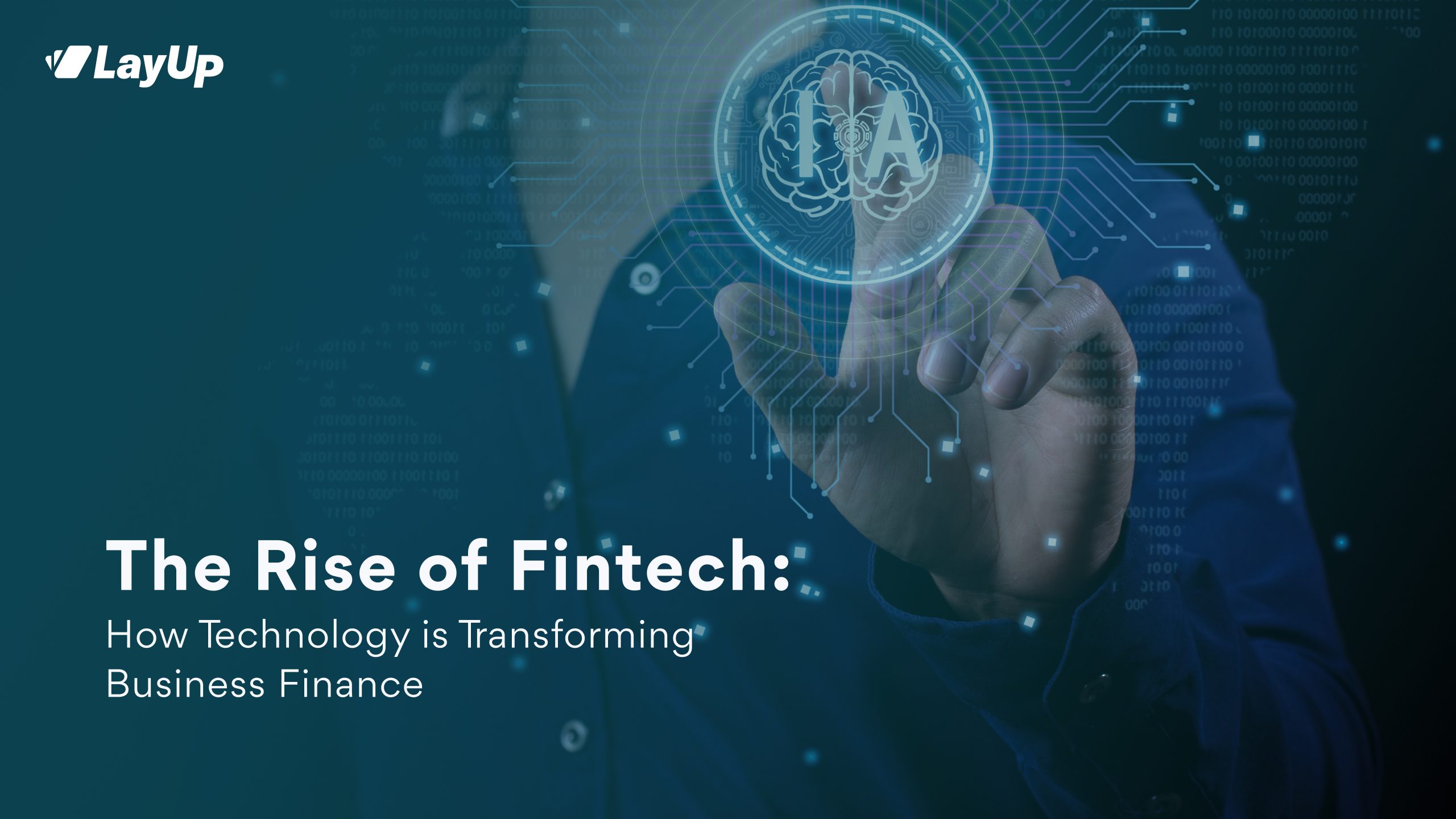The Rise of Fintech: How Technology is Transforming Business Finance
Over the past decade, the financial industry has undergone a significant transformation, driven by the rise of financial technology (fintech) and the concept of open finance. Fintech refers to the use of technology to improve and innovate financial services. Accessing services like mobile banking, payment, lending, budgeting and investing via mobile devices has exploded over the last few years, notably in Africa. Couple this with quickly evolving capabilities within open finance, which refers to the idea of using open data that enables the secure sharing of financial information between different institutions to benefit consumers, and we’re creating an open and inclusive financial system accessible to all. Together, these trends have had a major impact on the way that financial services are delivered and consumed and have opened up new opportunities for consumers and businesses alike.








